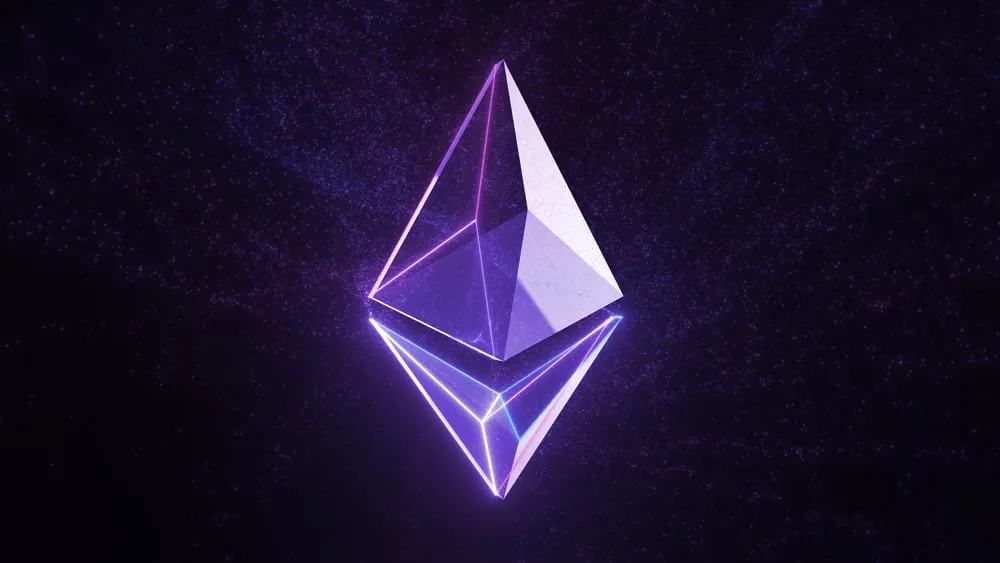In brief
- Ethereum testnet Sepolia today moved over to proof of stake.
- Just one more testnet remains before the entire network completes the Merge.
- The Merge, a long-awaited update to the network, is expected to happen this year.
Ethereum is one step closer to "The Merge"—its long-awaited move to a proof-of-stake blockchain. Today, another one of its testnets, Sepolia, executed its own merge and made the switch to proof of stake.
A testnet, short for test network, allows those using a blockchain to try out the new tech before it launches on its main network (mainnet) or undergoes an upgrade. This is particularly important with public networks such as Ethereum, so that developers can ensure upgrades work smoothly—and billions in funds aren't lost.
Ethereum, the blockchain network that powers the second largest cryptocurrency by market cap, is undergoing a move to a proof-of-stake consensus mechanism. This takes time as the network is migrating to a completely new way of doing things.
Ethereum currently uses the same consensus method as Bitcoin, known as proof of work. Proof of work involves the cooperation of network participants known as miners, who use powerful computers to solve complex mathematical problems in order to verify and validate transactions and secure the network. Miners, in turn, receive rewards for their trouble in the form of the network's native cryptocurrency, such as BTC or ETH.
But that's all going away when Ethereum finally transitions to proof of stake, which does not involve miners and should make the network considerably quicker and cheaper to use—though critics say arguably less decentralized and therefore less secure.
Instead of miners, proof-of-stake networks require the coordination of validators, those who validate transactions and keep the network running, by staking—or locking up—a given amount of the network's native crypto.
Such a shift would have knock-on effects for ETH, which currently has an unlimited supply, since large amounts of the crypto asset would need to be locked up for the network to function. Analysts believe this may have a deflationary impact on the cryptocurrency if demand for ETH continues to be high.
All of that, however, depends on a successful merge.
Ethereum devs have now tested the merge on two public testnets, Ropsten and today Sepolia. The next test will take place on the Goerli testnet. After that, the Ethereum mainnet moves across—meaning the entire network will securely use a proof-of-stake blockchain.
This has been a long-time coming, though: Ethereum developers have been promising a move to proof of stake for years but the process has suffered several delays.
The Merge is now expected to be fully completed before the end of this year.

